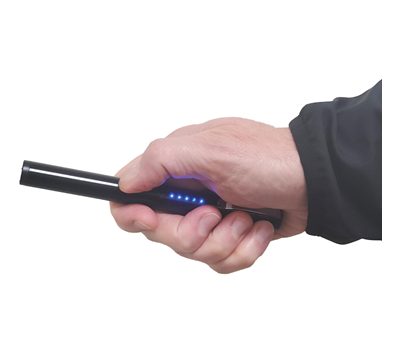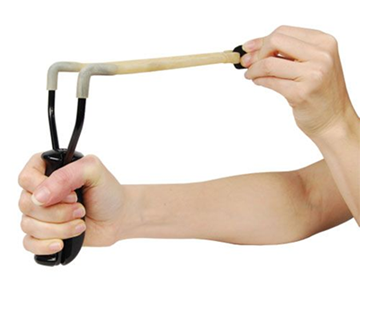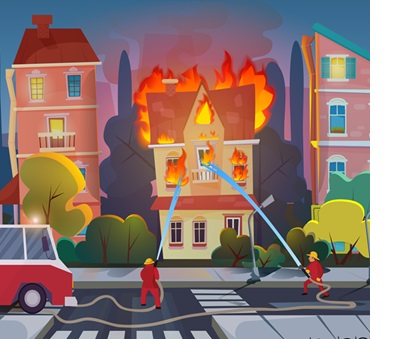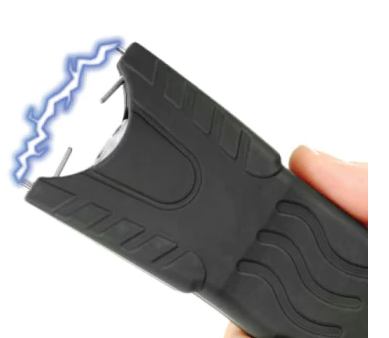How to Escape Domestic Violence
 Domestic violence is a harrowing and pervasive issue that affects millions of people worldwide. Breaking free from an abusive relationship is an incredibly difficult and courageous step, but it's also a crucial one for your safety and well-being. In this blog post, we will provide you with a comprehensive guide on how to get out of a domestic violence situation, emphasizing the importance of safety, planning, and seeking support.
Domestic violence is a harrowing and pervasive issue that affects millions of people worldwide. Breaking free from an abusive relationship is an incredibly difficult and courageous step, but it's also a crucial one for your safety and well-being. In this blog post, we will provide you with a comprehensive guide on how to get out of a domestic violence situation, emphasizing the importance of safety, planning, and seeking support.
Understanding Domestic Violence
Before we delve into the steps for leaving an abusive relationship, it's essential to understand what domestic violence is and how it can manifest. Domestic violence encompasses a range of abusive behaviors, including physical, emotional, psychological, and financial abuse. These actions are typically characterized by power and control dynamics, where one partner seeks to dominate and manipulate the other.
Recognizing the Signs
The first step in getting out of a domestic violence situation is recognizing that you are in one. Abuse may not always be obvious, and it can take various forms. Some common signs include:
1. Physical violence: This includes hitting, slapping, pushing, or any form of physical harm.
2. Emotional abuse: Manipulation, threats, insults, and constant criticism aimed at undermining your self-esteem.
3. Isolation: Abusers often try to cut you off from friends and family to maintain control.
4. Financial abuse: Controlling your finances, withholding money, or forcing you to account for every cent.
5. Gaslighting: Manipulating your perception of reality, making you doubt your own thoughts, feelings, and experiences.
Safety First
Your safety should be your top priority when planning to leave an abusive relationship. Here are some crucial steps to consider:
1. Create a safety plan: Develop a plan that outlines your escape strategy, including where you will go, whom you will contact, and how you will protect yourself during the process.
2. Pack an emergency bag: Prepare a bag with essential documents (IDs, passport, birth certificates), medications, clothing, and any other items you may need when leaving quickly.
3. Secure a safe place to stay: Reach out to friends, family, or shelters that specialize in assisting domestic violence survivors. Ensure that your location remains confidential.
4. Change locks and install security measures: If you're leaving a shared residence, consider changing locks, adding security systems, and installing cameras to protect yourself from potential retaliation.
5. Obtain a restraining order: Consult with an attorney or a domestic violence advocate to explore the possibility of obtaining a restraining order against your abuser.
Seek Support
You don't have to go through this journey alone. There are numerous resources and support networks available to help you break free from domestic violence:
1. Contact a domestic violence hotline: Reach out to organizations like the National Domestic Violence Hotline (in the US) at 1-800-799-SAFE (7233) for guidance, support, and information on local resources.
2. Counseling and therapy: Seek therapy or counseling to help you heal emotionally and mentally from the trauma of abuse.
3. Legal assistance: Consult with an attorney who specializes in domestic violence cases to understand your rights and legal options.
4. Support groups: Join local or online support groups for survivors of domestic violence to connect with others who have experienced similar situations.
5. Trusted friends and family: Lean on your support network for emotional and practical support during this challenging time.
Financial Independence
Many survivors of domestic violence find themselves financially dependent on their abusers, which can make leaving seem impossible. Here are steps to gain financial independence:
1. Open a separate bank account: If you don't have one already, open a bank account in your name only and ensure that statements are sent to a secure address.
2. Save money secretly: Whenever possible, save money secretly in your new account to fund your escape and establish financial independence.
3. Seek employment or educational opportunities: Look for job openings or educational programs that can help you gain skills and financial stability.
4. Consult with a financial advisor: Seek guidance on managing your finances and creating a budget that supports your independence.
Legal Protection
Understanding your legal rights and pursuing legal protection is critical when leaving an abusive relationship:
1. Consult with an attorney: Speak with an attorney experienced in domestic violence cases to explore legal options such as obtaining restraining orders, custody arrangements, and divorce proceedings.
2. Document evidence: Keep records of abusive incidents, including photos, texts, emails, and any communication that can serve as evidence if needed in court.
3. Report to the authorities: If you feel safe doing so, report instances of abuse to law enforcement to create a record of the abuse.
4. Seek custody arrangements: If you have children, consult with an attorney to establish custody arrangements that prioritize their safety and well-being.
Healing and Moving Forward
Leaving an abusive relationship is an incredibly brave step, but it's just the beginning of your journey toward healing and rebuilding your life:
1. Seek therapy and counseling: Professional support can help you heal from the emotional and psychological scars of abuse.
2. Reconnect with your support network: Rebuild your relationships with friends and family and lean on their support during your recovery.
3. Focus on self-care: Prioritize self-care activities that promote your physical and emotional well-being, such as exercise, meditation, and journaling.
4. Set boundaries: Establish healthy boundaries in your future relationships to ensure your safety and protect your well-being.
Conclusion
Breaking free from a domestic violence situation is an immensely challenging journey, but it is one filled with hope, resilience, and the potential for a brighter future. Remember that you are not alone, and there are countless resources and people ready to support you. Prioritize your safety, seek help, and take the steps necessary to regain your independence, heal, and move forward toward a life free from abuse. You deserve happiness, peace, and love, and taking that first step is the key to unlocking your brighter tomorrow.



























